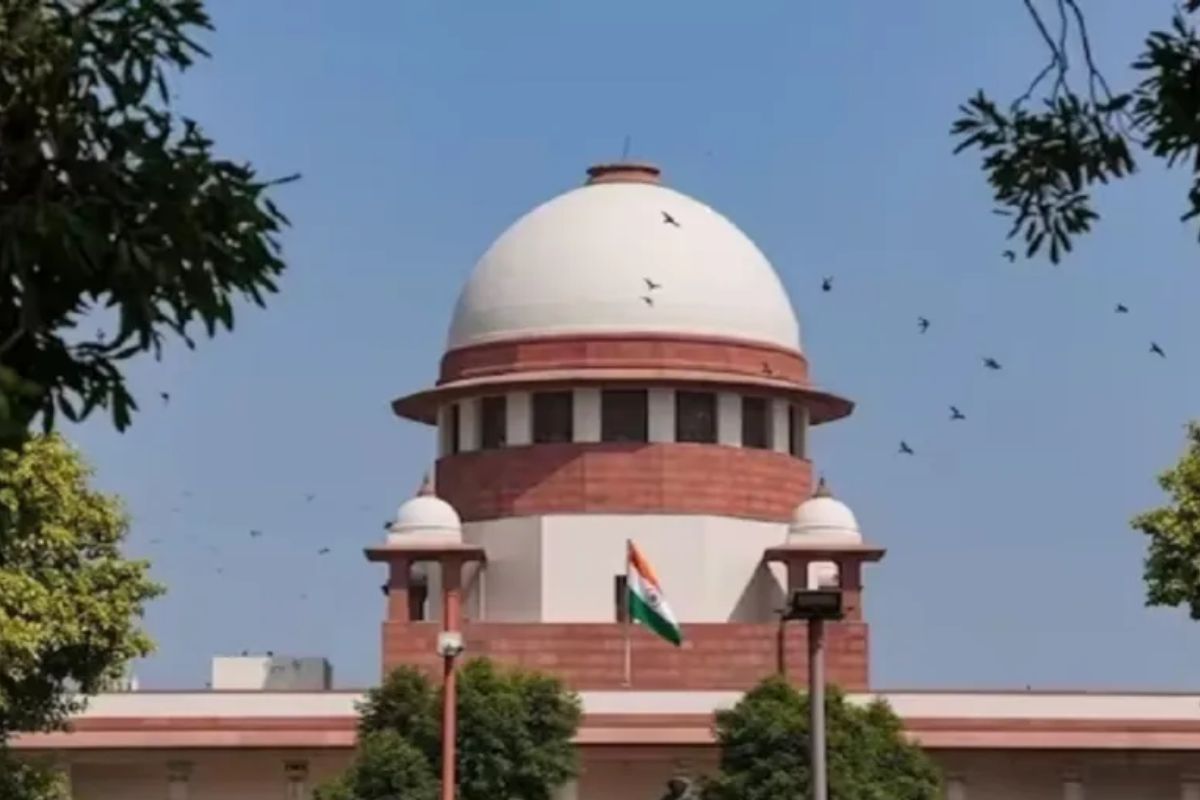


NEW DELHI: The Supreme Court delivered a decisive blow to the electoral bonds scheme on Thursday, deeming it “unconstitutional.” Emphasising the significance of transparency in political funding for electoral decisions, the Apex Court declared that the scheme infringed upon the right to information as outlined in Section 19(1)(a).
The Court instructed the State Bank of India (SBI) to cease issuing any further electoral bonds and mandated the submission of details regarding all bonds purchased since the interim order issued on April 12, 2019, to the Election Commission. The five-judge Constitutional bench concluded that legislative changes allowing for unrestricted funding to political entities lacked rationale and were arbitrary.
Furthermore, the Court dismissed the government’s argument that the electoral bonds scheme served to combat black money, asserting that such justification lacked merit.
Electoral bonds, being interest-free bearer instruments primarily used for anonymous contributions to political parties, were introduced during the 2017 Union Budget under the tenure of Arun Jaitley as Finance Minister.
The bench, comprised of Chief Justice of India (CJI) DY Chandrachud and Justices Sanjiv Khanna, BR Gavai, JB Pardiwala, and Manoj Misra, had reserved its judgment on the issue since November 2 of the preceding year.
A key concern raised by transparency activists is the erosion of public knowledge regarding the sources and extents of political funding, as parties are no longer obliged to disclose details of donors contributing over Rs 20,000.
While the government has touted electoral bonds as a substitute for cash donations, purportedly enhancing transparency and accountability in political finance, critics argue otherwise.
In addition to challenging the constitutional validity of the electoral bonds scheme, petitioners have urged the court to categorise all political parties as public entities, thereby subjecting them to the provisions of the Right to Information Act and mandating the disclosure of their income and expenditures.
The five-judge bench, led by Chief Justice of India D Y Chandrachud, alongside Justices Sanjeev Khanna, B R Gavai, J B Pardiwala, and Manoj Misra, had reserved its judgment on the matter since November 2 of the previous year.\